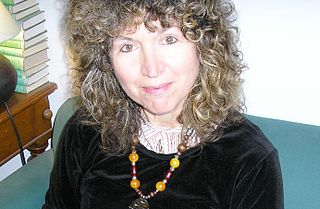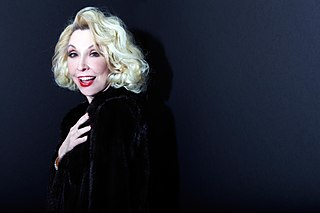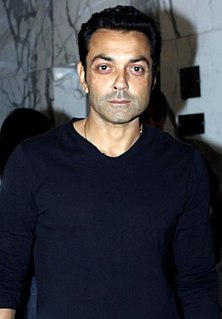A Quote by Caroline Lawrence
Plot is what happens in your story. Every story needs structure, just as every body needs a skeleton. It is how you 'flesh out and clothe' your structure that makes each story unique.
Related Quotes
Each and every component that makes up your life experience is drawn to you by the powerful Law of Attraction's response to the thoughts you think and the story you tell about your life. Your money and financial assets; your body's state of wellness, clarity, flexibility, size, and shape; your work environment, how you are treated, work satisfaction, and rewards - indeed, the very happiness of your life experience in general - is all happening because of the story that you tell.
There is a kind of structure for a story that was peculiarly compelling for the radio. I thought I had invented it atom-by-atom sitting in an editing booth in Washington on M Street when I was in my 20s. Then I found out that it is one of the oldest forms of telling a story - it was the structure of a sermon.
Literature is an aspect of story and story is all that exists to make sense of reality. War is a story. Now you begin to see how powerful story is because it informs our worldview and our every action, our every justification is a story. So how can story not be truly transformative? I've seen it happen in real ways, not in sentimental ways or in the jargon of New Age liberal ideology.
The Work always leaves you with less of a story.
Who would you be without your story?
You never know until you inquire.
There is no story that is you or that leads to you.
Every story leads away from you.
Turn it around; undo it.
You are what exists before all stories.
You are what remains when the story is understood.
I've been making films with almost no dialogue (laughs), so sound and music become a very powerful character to tell the story. It's almost like with sound and music and images, it's your tool to tell the story, especially when I decide to structure the film in a way that usually goes against the conventions of the three-act structure which most films are made out of.
No matter what happens with technology or whether you're in traditional animation or stop-motion or CG, the biggest challenge always is story. The flow of making the movie is usually determined by how your story is coming together, and when your story is straining and you can't quite get your hands around it, your entire production is straining.
If you gauge how you're doing on whether somebody is responding vocally or not, you're up a creek. You can't do that; you kind of have to be inside of your work and play the scene. And tell the story every day. Tell the story. Tell the story. Regardless of how people are responding, I'm going to tell the story.
Every good story needs a complication. We learn this fiction-writing fundamental in courses and workshops, by reading a lot or, most painfully, through our own abandoned story drafts. After writing twenty pages about a harmonious family picnic, say, or a well-received rock concert, we discover that a story without a complication flounders, no matter how lovely the prose. A story needs a point of departure, a place from which the character can discover something, transform himself, realize a truth, reject a truth, right a wrong, make a mistake, come to terms.



































